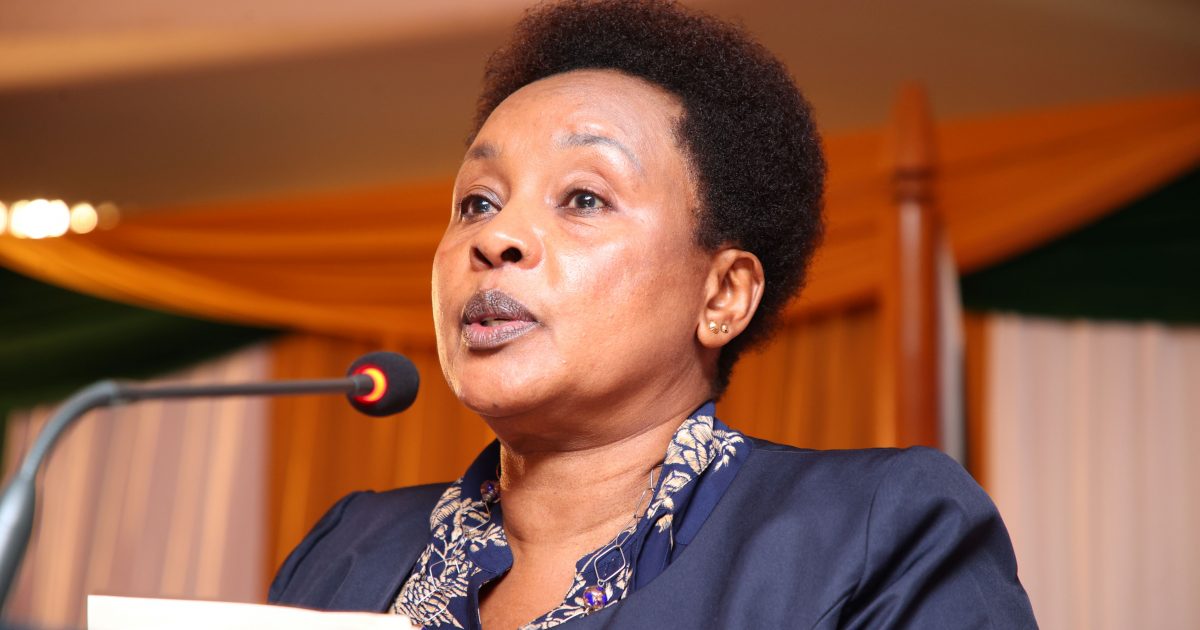Properly convened and executed forums that provide an avenue for discussions, consultations, reflection, critique and stakeholder engagement are critical to enhance the capacity and ability of judges and judicial officers to administer justice.
Deputy Chief Justice (DCJ) Philomena Mwilu, speaking at the close of the inaugural two-day High Court Human Rights Summit in Nairobi, reiterated that in order to effectively protect and promote human rights, it is essential to cultivate open dialogue and information sharing among judges and other justice stakeholders.
“The people-centred justice approach under our institutional blueprint, Social Transformation through Access to Justice (STAJ) emphasizes the role of a judge beyond that of being merely an adjudicator of disputes; but also, as a justice facilitator, connector and promoter,” noted Mwilu.
The DCJ expressed satisfaction on how judges engage and learn which she believes will only improve the structure and substance of justice provision in Kenya.
Mwilu observed that the High Court, beyond its unlimited original jurisdiction in criminal and civil matters, is its jurisdiction under Art. 165(3) (b) of the Constitution to determine the question whether a right or fundamental freedom in the Bill of Rights has been denied, violated, infringed or threatened.
“This is a most important, most consequential jurisdiction and I am glad this inaugural Summit has been convened to provide a platform to foster dialogue, enhance understanding, exchange ideas and collaborate on strategies, and drive collective action towards protecting and promoting human rights through the work of the court,” highlighted the DCJ.
Additionally, Mwilu noted that the judicial service has over the years become acutely aware of the motile and rapidly changing context in which it serves, and is alive to the agency and justice capabilities of actors and institutions external to the Judiciary, while recognizing the value in learning and collaboration.
“The Judiciary is actively and deliberately spearheading discussions and engagement on how to sustain and deepen our human rights practices as a state, as communities, as individuals, and as a people,” she affirmed.
The DCJ at the same time insisted that the inaugural summit is illustrative of the Judiciary’s commitment to doing its part and to partnering in securing and strengthening the foundation of Kenya’s constitutional democracy that is built on human rights.
According to the DCJ, the summit themed “Upholding Human Rights in a Changing Kenya” coincided with International Human Rights Day celebrated on 10th December annually with this year’s focus on human rights as pathways to solutions and the critical role they play as a preventative, protective and transformative force for good.
“Indeed, the summit has been held with deliberate attention to Kenya’s fourth Universal Periodic Review scheduled for January 2025,” announced Mwilu, adding that the Judiciary, and the wider justice system, are critical players in ensuring that Kenya meets her international human rights duties and obligations towards improving the human rights situation and to overcoming challenges to the enjoyment of human rights for all Kenyans and particularly the vulnerable and marginalized.
She assured that the Judiciary would double its commitment to deepening and strengthening human rights in all aspects of the administration of justice and exercise of judicial authority for the benefit of the people of Kenya.
By Michael Omondi



